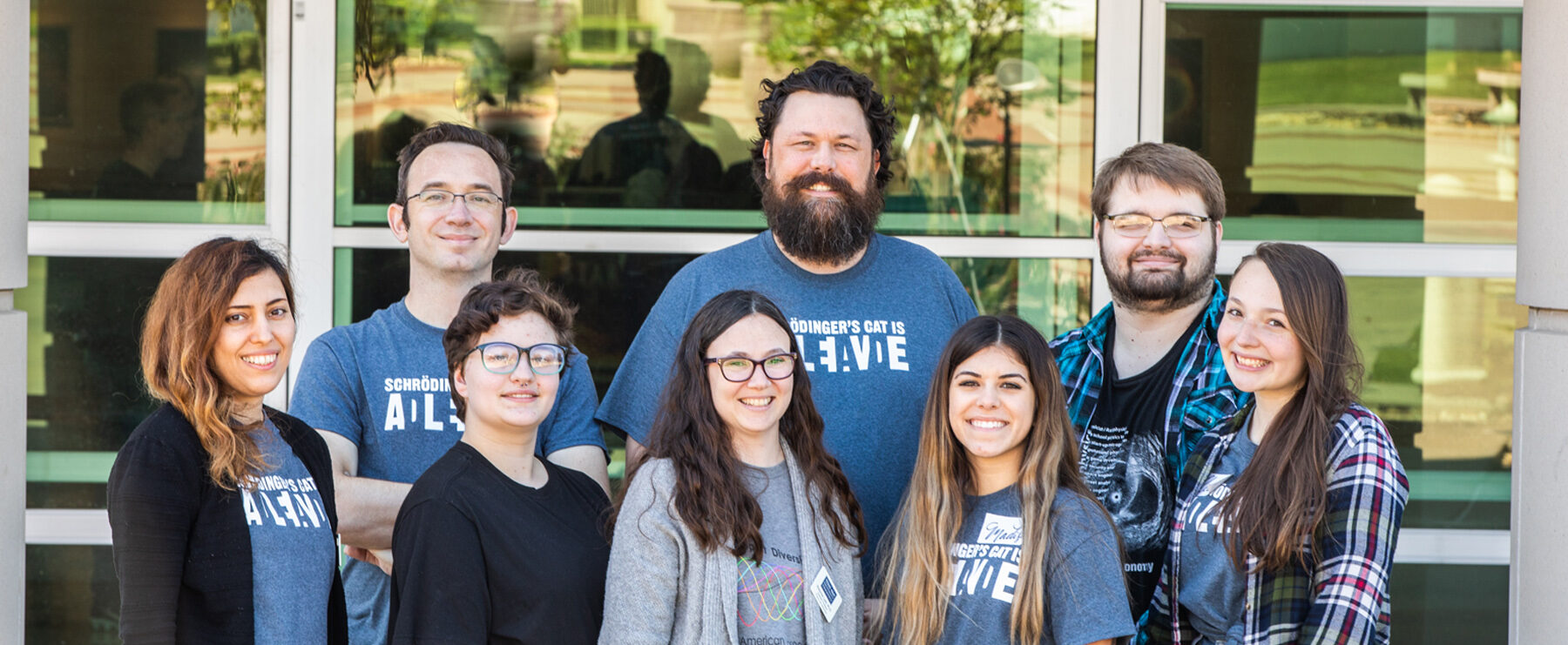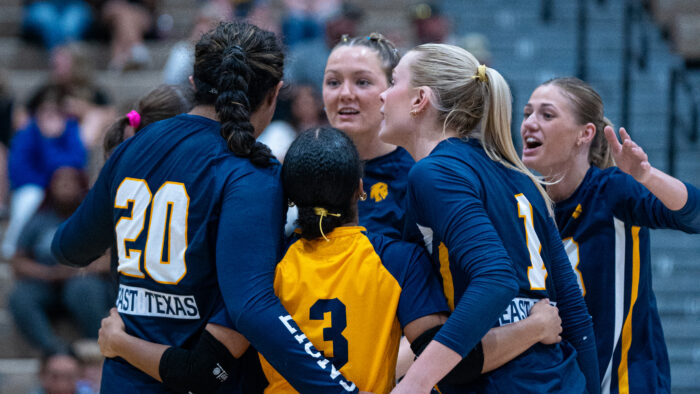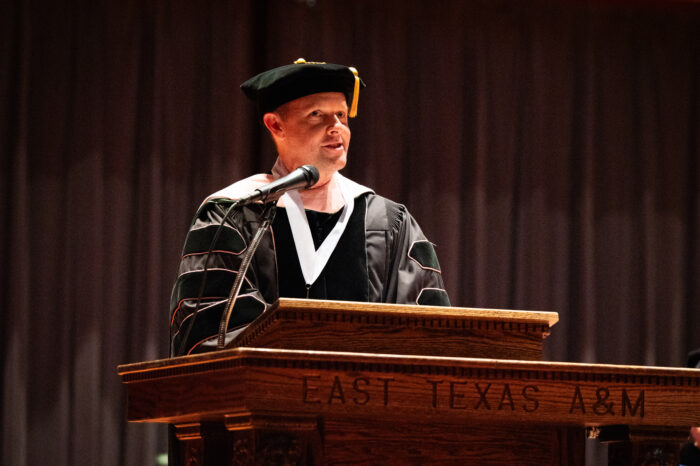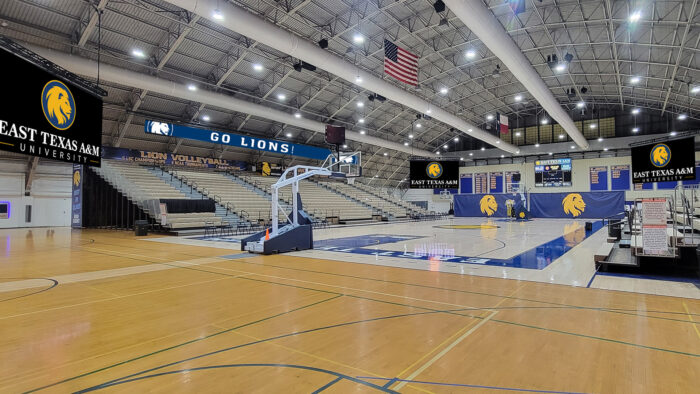
A&M-Commerce Elevates Status as Leader in Physics Teacher Education
The Texas A&M University-Commerce Department of Physics and Astronomy recently received additional funding from the Physics Teacher Education Coalition (PhysTEC) to lead the creation of a PhysTEC regional network for the state of Texas.
A&M-Commerce is the lead institution in the initiative, collaborating with Texas State University, the University of Houston and the University of Texas Rio Grande Valley.
PhysTEC is a partnership between the American Physical Society (APS) and the American Association of Physics Teachers (AAPT). The organization consists of more than 300 institutions dedicated to addressing the shortage of first-class high school physics teachers by improving and promoting physics teacher education.
Last year, PhysTEC awarded a $288,397 comprehensive site grant to A&M-Commerce faculty members, Drs. Robynne Lock, William Newton and Melanie Fields. Physics teacher education programs at PhysTEC comprehensive sites serve as models for programs around the country.
The funding allowed Lock, Newton and Fields to focus on recruiting and mentoring future physics teachers. They hired Clay Stanfield to be the program's teacher-in-residence. As an experienced high school physics teacher, Stanfield works closely with the project team and future teachers. In addition to preparing physics teachers through the bachelor's degree program, the team integrated teaching certification into the existing master's degree program.
“The grant is helping us improve the quality of physics education in Northeast Texas,” said Lock. “The lessons we're learning will benefit physics teacher preparation programs across the country.”
Dr. William Newton, associate professor in the Department of Physics and Astronomy, said the new $15,000 grant will elevate the status of A&M-Commerce as a regional and national leader in physics education. He said the funding would not have been possible without the support of Dr. Melanie Fields, assistant professor in the Department of Curriculum and Instruction.
Fields teaches courses for LeoTEACH, a collaborative initiative between the College of Education and Human Services and the College of Science and Engineering, to recruit and educate secondary teachers in the fields of science, technology, engineering and mathematics.
“Without their excellence, we wouldn't stand a chance to get this funding,” Newton said. “The strong relationship between our STEM departments and the Department of Curriculum and Instruction through LeoTEACH has proven to be a big advantage over other institutions.”
According to Dr. Kimberly McLeod, dean of the College of Education and Human Services, leading the initiative is a huge step toward creating equity, access and excitement for STEM fields throughout Texas.
“I'm extremely hopeful in encouraging girls and youth from underrepresented demographic groups to benefit from this pathway to physics,” said McLeod. “I'm elated that A&M-Commerce is building this bridge for regional communities.”
Assistant Dean of the college, Dr. Juan Araujo, agrees. “It is amazing what our faculty can accomplish when we work together to meet needs across the state,” Araujo said. “The addition of this network will go a long way toward building a cache of physics teachers in Texas.”
Learn more about PhysTEC.
More Press Release
View All Press Release
Lion Volleyball Announces 2025 Conference Schedule, to Host SLC Tournament on Nov. 21-23
The East Texas A&M University volleyball program released its 2025 Southland Conference schedule, which includes hosting the SLC Volleyball Tournament in Commerce at the end of the season.

Newest Regents Professor Honored at Annual Convocation
East Texas A&M University Regents Professor of Music Dr. Brian Zator was officially recognized for his outstanding achievement at the university's annual Spring convocation.

East Texas A&M Installs State-of-the-Art Video Boards in the Field House
East Texas A&M University enhanced the in-venue experience inside the Hunt Regional Healthcare Court in the Field House this spring by installing four videoboards and two ribbon boards.


